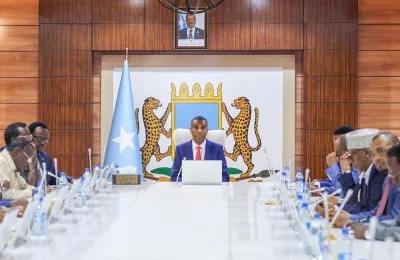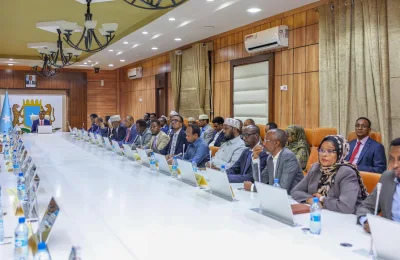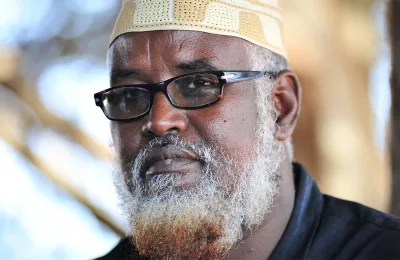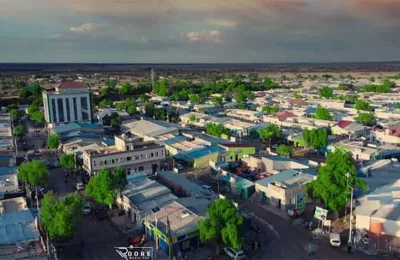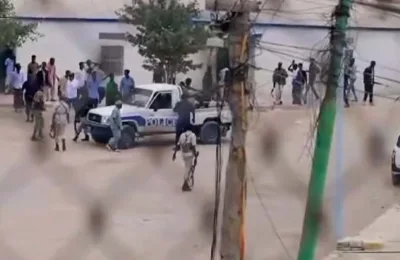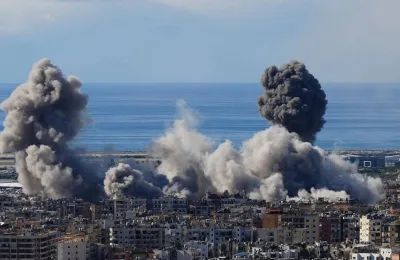By Ahmed Hundubey Corruption is defined as the abuse of entrusted power for personal gain, in…
By Ahmed Hundubey
Corruption is defined as the abuse of entrusted power for personal gain, in public and the private sectors. (1) Countries are rated based on assessments of the prevalence of bribery of public officials, stealing of public money and the lack of public anti-corruption efforts. A recent report shows that conduct within most African countries in these areas leaves much to be desired.
The report from a Berlin-based group in 2010 lists and ranks six African nations among the 10 most corrupt countries around the world. These are Sudan, Chad, Burundi, Angola and Equatorial Guinea, with Somalia heading the list as the most corrupt nation of all those surveyed. This means that Somalia is the most corrupted nation. However, there are lots of optimism for the newly elected president Mohamed Farmajo and his government to tackle corruption and restore the full confidence of the international community and public.
So far, no arrests have been made against any government officials in connection of stealing public funds. The effects of these thefts are kickbacks in the Somalia’s revenue collection from the airport and seaports; this represents an implicit cost making corruption into a regressive tax on the services that impoverish the country and its people that one can’t afford. As we all know, today Somalia lacks basic public services such as education, health, and other Social services. Thus, how do we move forward in order to develop our beloved Somalia so that our people can thrive?.
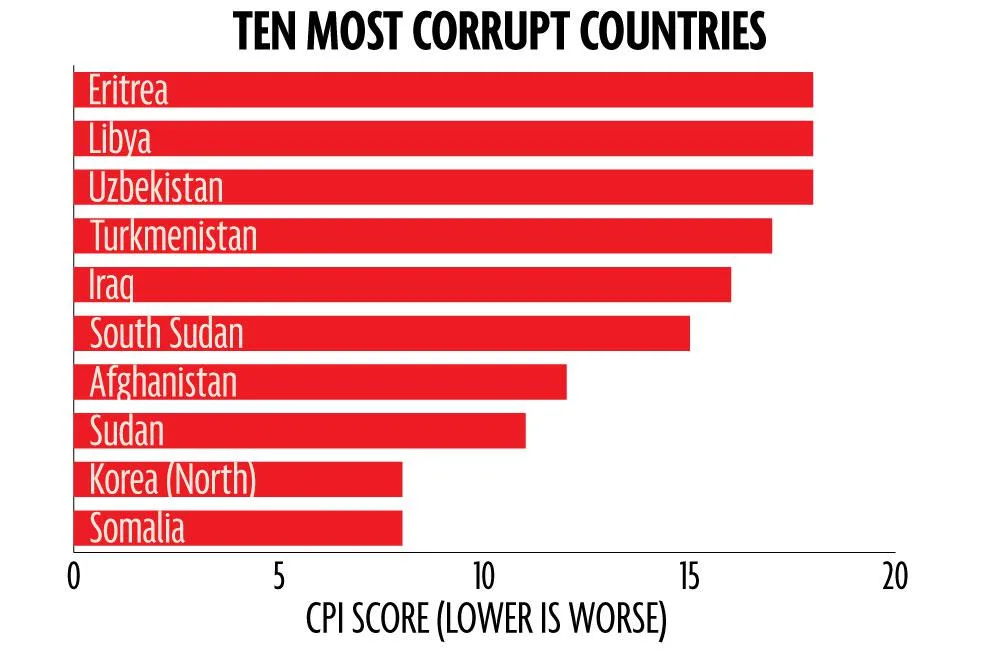
Reform of Judicial Branches:
Reforming our judiciary system and establishing court branches across the country is tall order. For example, the current Supreme Court is run by one chief justice who decides any legal outcome. Moreover, the government should appoint 7 to 5 high court judges in the Supreme Court as well as the court. The recent rejection for Somalia’s law makers to void against the Supreme Court ruling to nullify result of 8 MPs is a clear indication that they have no confidence for the judiciary system. It is high time to institute a new Supreme Court panel of judges to end the one-man show legal system and that promotes transparency, integrity and justice in the legal system.
Revenue Collection
Revenue collection is an effective way in which Somalia’s government can develop its economy. However, many developing countries like Somalia face challenges in their revenue collection. Somalia loses millions of revenues through corruption and mismanagement related to manual outdated revenue collection. The adoption of automated revenue collections system will transform revenue collection and improve service delivery. Many African countries including our neighbors in Kenya and Rwanda, who have adopted automated revenue collection, have seen an upsurge in revenue realization.
This also requires training and political goodwill as well as appropriate change management to adopt and improve the whole system. The World Bank’s Africa Development 2010 Indicators showed that civil servants’ failure to deliver Government-run health, education or agricultural services, further jeopardizes Africa’s long-term development.(2). This is another additional hidden costs associated with corruption that directly affects the poor in particular.
For example, in Somalia there has been reoccurring droughts resulting widespread water and pasture shortages that have forced many people to migrate in search of food and water for domestic and livestock use. Due to the depletion of water sources, some communities are relying on buying water at prices which are beyond their reach. The government’s failure to develop coherent rural strategy has let this man-made drought that has displaced many farmers and rural communities.
Education Sector:
Since the collapse of Somalia’s central government in 1990, there has been no functioning public school system. Most of the schools in Somalia are currently privately run and they focus on Islamic teaching which is an Arabic based curriculum that has been borrowed from Middle East countries such Sudan and Saudi Arabia hence no civic education framework that encourages nationalism. The ministry responsible for the education of the country has yet to formulate a common core curriculum frame work that addresses current deficiencies and promotes unity to societal renewal and development. This will have devastating long-term effects for the future generation, as children who have been denied a proper education because of an absentee government common core curriculum framework will suffer low cognitive skills
For the last 10 years, Somalia has experienced a boom in private universities mainly in the capital of Mogadishu and the regional states. However, none of these are offering programs that are beneficial to the students. They are poorly equipped and they have no qualified teachers. At this stage, Somalia doesn’t only need universities but it also needs vocational colleges that teach proper skills that will benefit future graduates to gain skills that will lead them to start their own businesses or obtain full employment such as becoming an electrician, Plumber, chef, welder, accountant etc.
Corruption is endemic in Somalian societies so we must reform government institutions. Creation of independent judiciary court systems, automation of the revenue collection and education system that promotes common curriculum framework to route-out corruption should immediately be established. This requires a holistic approach and combined efforts of all government agencies, public, private sector and international communities.
——–
(1) Transparency International, Corruption Perceptions Index, Transparency International, www.transparency.org.
(2) African Development Bank, Africa development indicators 2010, Washington: The World Bank, www.worldbank.org.

